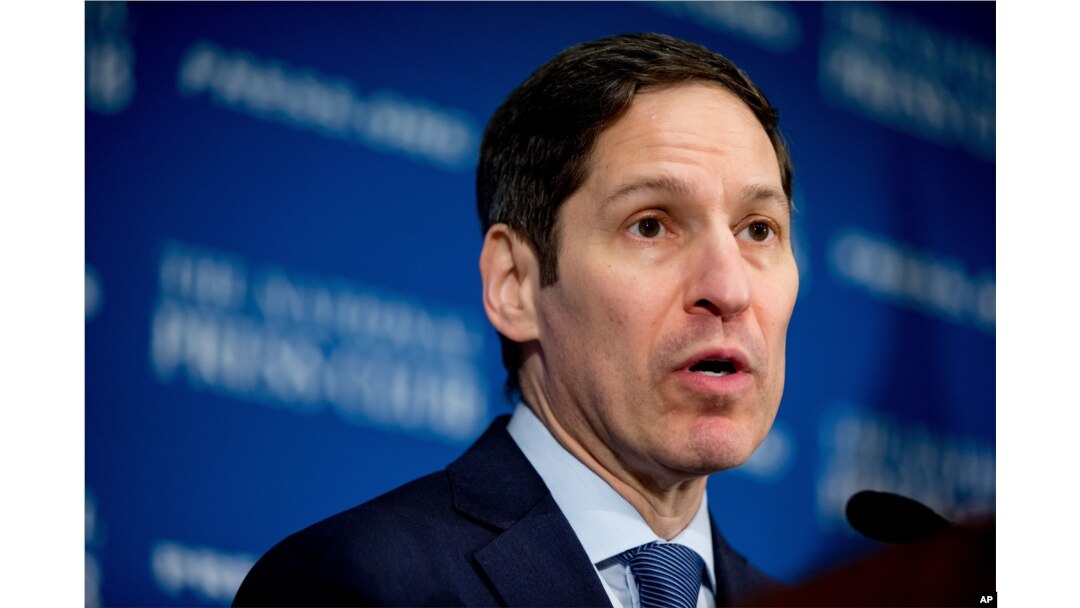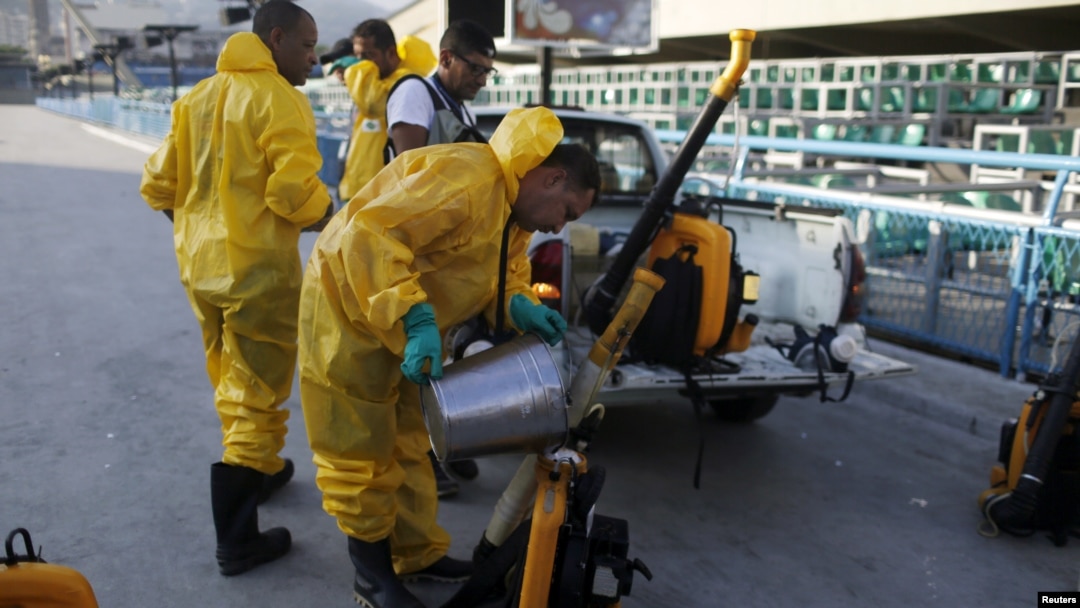An open letter signed by 150 health experts is calling for the upcoming Olympic Games in Rio de Janeiro to be postponed or moved because of the Zika virus outbreak.
The signatories, which include experts from more than two dozen countries in fields including public health, medicine and academia, said Friday that to hold the games would be "irresponsible" and "unethical." Among the signatories is former White House science adviser Dr. Philip Rubin.
"The Brazilian strain of Zika virus harms health in ways that science has not observed before," the letter said.
Linked to birth defects
The virus has been linked to birth defects, including microcephaly in which babies are born with unusually small heads and brains. The World Health Organization has said pregnant women should avoid areas where Zika outbreaks are occurring, including the Olympics Games in Rio de Janeiro.
The letter's authors said "An unnecessary risk is posed when 500,000 foreign tourists from all countries attend the games, potentially acquire that strain, and return home to places where it can become endemic. Should that happen to poor, as-yet unaffected places (e.g., most of South Asia and Africa) the suffering can be great."

Centers for Disease Control and Prevention Director Dr. Thomas Frieden speaks at the National Press Club in Washington on the latest research and forecasts on the Zika virus, May 26, 2016.
In an opposing view, Dr. Tom Frieden, the director of the U.S. Centers for Disease Control and Prevention, said there is no public health reason to cancel or delay the Olympics.
Frieden said the outcry about the health risks of Zika and the Olympics may well be overkill.
Rather than trying to "stop the world because we want to get off," he said, "let's take steps to make as much of the world is safe as possible for all."
Conflict for WHO?
The World Health Organization has noted that the Olympics, set for August, will take place during Brazil's winter season, when there are fewer active mosquitoes.
However, the letter's authors note that if visitors get infected with the Zika virus in Brazil, they could return home to the Northern Hemisphere, where the virus could be spread among local mosquitoes during the peak summer months.
The letter's authors note, however, that if visitors get infected with the Zika virus in Brazil, they could return home to the northern hemisphere where the virus could be spread among local mosquitoes during the peak summer months.
The letter's authors questioned whether the WHO is properly considering its options to recommend moving or delaying the games because of its partnership with the International Olympic Committee. "We are concerned that WHO is rejecting these alternatives because of a conflict of interest," the letter said.
Scientists have known about the Zika virus since it was discovered in Uganda in 1947, but only recently have realized its potential danger.
Starting last October, the mosquito-borne virus began to spread, particularly in Brazil, where it has been linked to birth defects in pregnant women who get infected with the disease.


